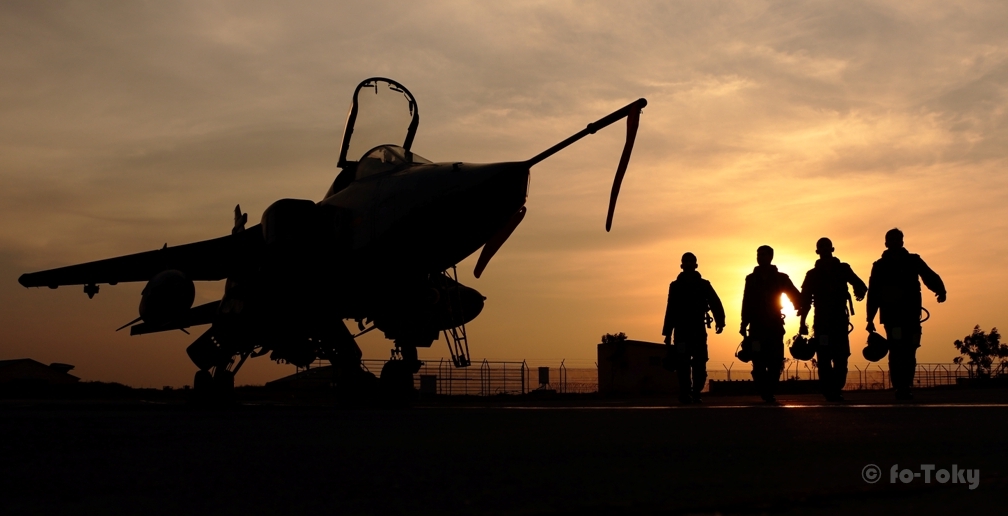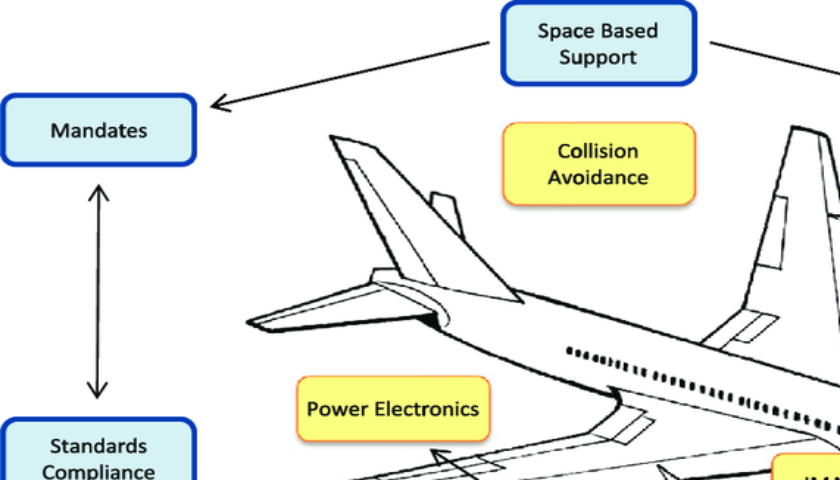At age 40+, you are almost two decades into your military aviation career. And if you have been in flying assignment for more than 15 yrs you would have accumulated great deal of experience in aviation. You may have wealth of leadership and managerial experience as well as undergone coveted military courses. If you’re still serving, the prospect of leaving services can be very daunting.
It was a long-drawn battle between a mix of feelings from betrayal to service, nation, and myself. It took time to realize that having done my bit it was time to move on. I considered my desire to continue operating magnificent machines, willingness to lead the finest set of men, but this was finally outweighed by the professional requirements and needs of the family. My advice is if you can leave on your terms when the time is right, do so. When I decided to hang my gloves and boots it was with conviction, albeit tinged with a lingering sense of sadness. But I knew the time was right. Having taken the decision doesn’t mean your transition will be simple or that you can make it without a great deal of effort. Change is hard, even if you prepare well for it. In my case, it was my first exposure to the “real world” having joined IAF straight after XII through NDA. It was the very first time that I made a CV and prepared for a job interview in Civvy street.
What Makes It Difficult?
Be it Airlines, Corporate, or GA, most of the flying organizations in the “real world” look at both the number and currency of your flying hours. At 20+ years of seniority in the military, you would be most probably pushing files after strenuous and satisfying Squadron Commander’s tenure. Most companies that will employ you as a pilot are looking for someone who’s flown a lot, recently, ideally in a type the same (or similar) to one they use. To your utter surprise, they could not be less concerned that you were a QFI or FCL/FSL or ETP.
Despite these long years in aviation you will have to pass in all the written exams conducted by DGCA, get FRTOL then RTR, and IR rating on Multi-Engine aircraft. Depending on the market, you may end up paying for your Type rating before you get your dream job in the second career. Surprisingly this is a lot of hard work as well as money and will test your patience.
But once you get ATPL it’s easy to find a job. Maybe. If your exit timing coincides with a downturn in civil aviation like the closure of one of the airlines then your chances may well decline.
The major airlines pay their experienced captains and first officers handsomely. If you are experienced helicopter crews with some fixed-wing experience and CPL airlines are not hesitating in offering them jobs due to crew shortage. Since these crews already meet the pre-requisites of Class 1 medical, CRM, fire awareness training, etc. In the recent past, many helicopter pilots have joined the airlines as the first officer and would be soon upgraded to captains.
It’s also important to understand that civil flying is rewarding in a different way to military flying. If you secure an airline job, then there will be a sense of team and purpose but can soon become very dull and repetitive. Corporate job or VVIP work offer some varied and interesting flying with flexible working conditions but again with the constant threat of a market downturn impacting on job security and tension between the operator and the pilot over weather and operating decisions. Wherever you join you will have to continually upgrade, read, and maintain proficiency. The civil world is full of training requirements, medicals, and currency checks as well.
Outside commercial aviation, as a pilot you have very limited choices in India and which largely depends on contacts that you have nurtured over the years. whatever you choose you will miss the military, military flying, and most of all the comradeship which only a squadron can provide.
What Makes it Easy.
If you want to be in commercial aviation, get your licence before you quit.
Fly as much before you leave. Till you get tired of it.
Network and keep in touch with your squadron mates or the seniors who are already working with airlines.
Sit down and sort out your CV. Give it fair amount of time.
The most important thing, in my opinion, is to leave while you still enjoy it. It’s better to leave and miss it than stay too long and resent it. I’ve seen people hang around well past the point of enjoyment as they were “sure” a promotion or a specific job was coming. They can leave bitter and resentful when neither arrives. The industry can sense this, so you’re not doing your own prospects much good either.
Hopefully, these general thoughts have provoked or answered some questions for you. It’s literally a life-changing decision, but, as with all things in life, time spent in recce is rarely wasted.
Blue Sky.



